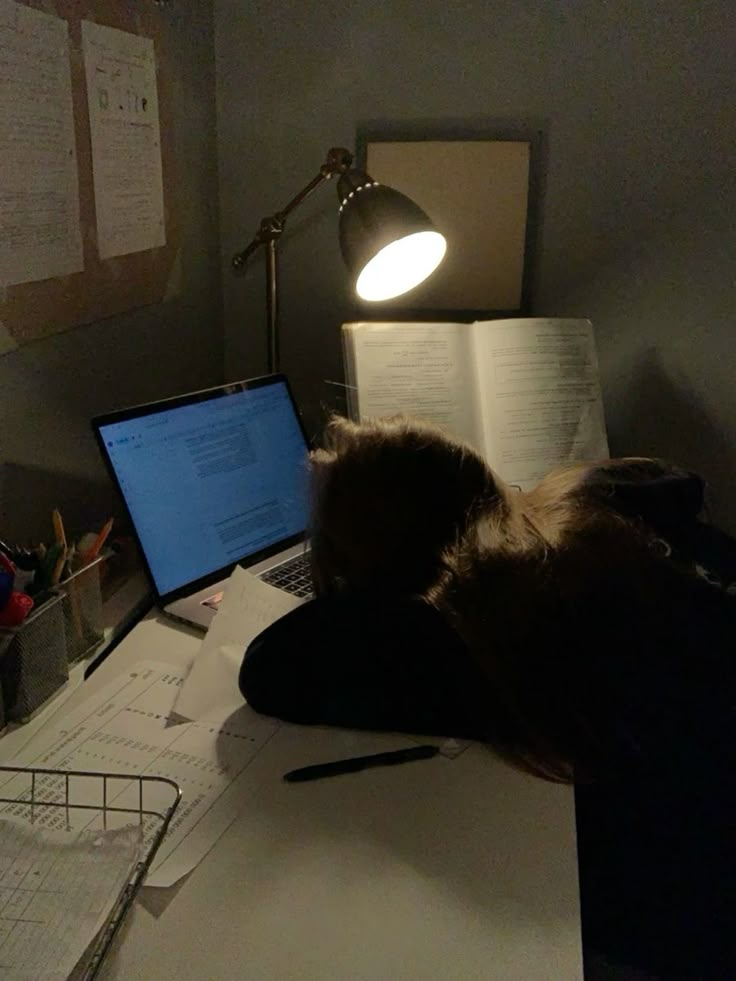“Rest Isn’t the Enemy of Success”: Why Taking Breaks Is a Study Strategy — Not a Weakness
There’s this quiet pressure a lot of students feel: if you’re not constantly working, you’re somehow falling behind.
You sit down to study, and after 30 minutes, your brain’s already foggy — but instead of stepping away, you tell yourself, “Come on, just push through.” Because resting feels wrong. Like cheating. But here’s the thing no one tells us enough: Breaks aren’t a sign of weakness. They’re actually a key part of how we learn. Your Brain Isn’t a Machine, you can’t expect it to function non-stop for hours. That’s not how learning works.
Taking breaks gives your brain time to actually process what you just studied. Without that pause, you’re only stacking information on top of itself — and it slips away just as quickly. In fact, short breaks during study sessions have been proven to boost memory, improve focus, and reduce burnout. The Pomodoro technique — 25 minutes of focused study followed by a 5-minute break — is popular for a reason. It works with your brain, not against it.
Breaks That Actually Help:
Not all breaks are mindless scrolling or zoning out. Some of the most effective ones include:
- Listening to music
- Stretching
- Going for a walk
- Grabbing a snack
- Journaling
- Doodling
- Talking to someone
The goal is to rest your mind without overloading it with more input. These kinds of pauses can make your next study session sharper and more productive. Rest isn't equivalent to falling behind. Hustle Culture has made burnout seem normal — even admirable. But the truth is, constantly pushing yourself past your limits doesn’t lead to better learning. It leads to stress, fatigue, and frustration.
If you want to actually understand and retain what you’re studying, breaks are not optional — they’re essential.
You’re not lazy for needing rest. You’re being realistic and sustainable. Next time you feel guilty for taking a break, remember this: you’re not wasting time — you’re giving your brain the chance to absorb, recover, and grow. And that’s what real learning is all about.

